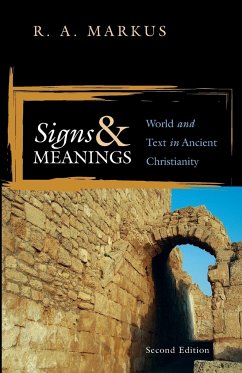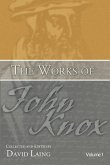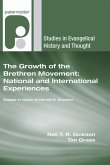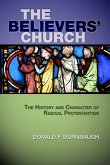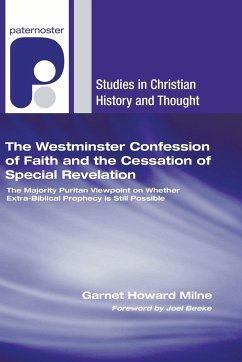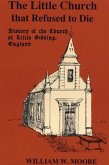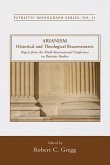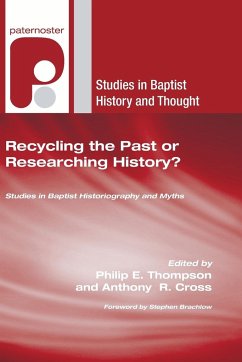This book is based upon the author's Forwood Lectures for 1995 in the University of Liverpool. The first two chapters incorporate the full texts of these and study early Christian conceptions of signs and signification, and investigate the ways in which Christian authors, especially Augustine of Hippo and Gregory the Great, made use of theories of meaning in their ways of interpreting Scriptures. Their interest in the notions of communities based on shared traditions of reading, understanding, and interpretation is given special attention. Professor Markus also considers the question of the ways in which different approaches to the Bible have had more far-reaching implications for their authors' worldviews: to what extent biblical hermeneutics helped shape their hermeneutics of experience. Their differing ways of approaching the Bible related to the huge change in Christian self-understanding between Augustine (c. AD 400) and Gregory the Great (c. AD 600): ascetic habits of reading come to shape a general response to the world as well as to the biblical text. The lecture texts are complemented by further chapters devoted specifically to the theory of signs and meaning, and some of its application in special contexts, such as magic and ritual. R. A. Markus is Professor Emeritus in the University of Nottingham and a Fellow of the British Academy. He has been Distinguished Visiting Professor at the Catholic University of America, Washington D.C., and at the University of Notre Dame. Among his many publications are Saeculum: History and Society in the Theology of St. Augustus (1970), Christianity in the Roman World (1974), and The End of Ancient Christianity (1990).
Hinweis: Dieser Artikel kann nur an eine deutsche Lieferadresse ausgeliefert werden.
Hinweis: Dieser Artikel kann nur an eine deutsche Lieferadresse ausgeliefert werden.

